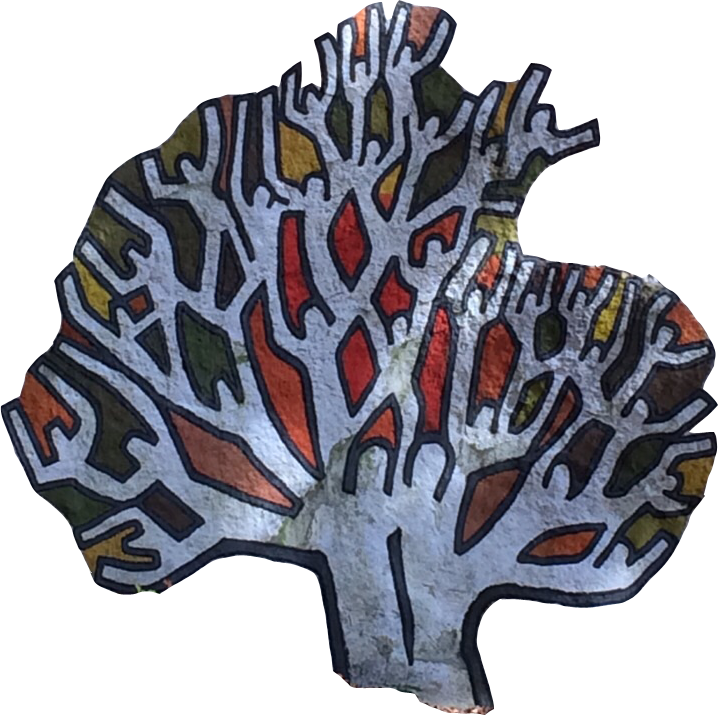Publications
Articles
2025
2024
2024
2019
2019
2017
2016
2015
2015
Intercultural Communication in Africa. The SAGE Encyclopedia of Intercultural Competence; Ed. Dr. Janet M. Bennett
-
-
2014
How to facilitate meaningful interreligious dialogue : an exloration of potential contributions from intercultural communication theory. Université de Salzburg
-
-
2013
Johari’s Window - An Intercultural Perspective An Intercultural Perspective
-
-
2013
Dancing across cultures Dance, a metaphor for intercultural communication
-
-
2011
-
Dans d’autres cultures, notre franchise paraît souvent blessante Rapport annuel 2010 de cinfo
Unsere Direktheit macht Menschen in anderen Kulturen Mühe Interview mit Isabelle von Ar, Wendekreis, Jahresbericht cinfo.ch (2010) PDF
2010
-
Communication interculturelle dans la coopération internationale La voix des partenaires sur place. Pour le rapport annuel d’Unité PDF
-
2009
A cultural approach for HIV/AIDS related projects – The need for intercultural competency. Medicus Mundi PDF
-
-
2004
Intercultural Skills Needed by Facilitators of Reconciliation Processes with Specific Reference to Contexts of Post-Interethnic conflict
Intercultural Communication Institute (Portland) and McGregor School of Antioch University (Ohio)
-
-
Theses
2014
How to facilitate meaningful interreligious dialogue : an exloration of potential contributions from intercultural communication theory, Université de Salzburg
2004
Intercultural Skills Needed by Facilitators of Reconciliation Processes with Specific Reference to Contexts of Post-Interethnic conflict, Intercultural Communication Institute (Portland) et McGregor School of Antioch University (Ohio)
Chapters in books
2015
Intercultural Communication in Africa dans The SAGE Encyclopedia of Intercultural Competence; Ed. Dr. Janet M. Bennett
2015
International Development The SAGE Encyclopedia of Intercultural Competence; Ed. Dr. Janet M. Bennett
2014
Becoming a cultural mediator in Switzerland "Training for Transformation in Practice", edited by Anne Hope and Sally Timmel PDF
2011
-
-
Kulturelle Metaphorik, veröffentlicht in « Lehrbuch Kultur », Dietmar Treichel und Claude-Hélène Mayer
Pedagogical material
2012
Nos histoires – Les expériences des partenaires locaux dans la CI (en collaboration avec Marcus Büzberger et Phyllis L. Thompson)
2011
Collaboration interculturelle, Collection d’expériences, en collaboration avec Ruedi Högger
Interkulturelle Zusammenarbeit, Sammlung von Erfahrungen, in Zusammenarbeit mit en Ruedi Högger
2011
Méthodes participatives et compétence interculturelle (en collaboration avec Sylvie Roman, de BMI).
2011
Communication interculturelle et coopération internationale (en collaboration avec Françoise Gariazzo-Dessiex)
2009
Intercultural Communication in Contexts of Humanitarian Aid – Collection of Case Studies (en collaboration avec Phyllis L. Thompson)

ubuntu communication
Véronique Schoeffel
Riedmatte 18
CH-2576 Lüscherz / Switzerland
T: +41 79 462 54 93
Mail: vero-nobuntu@bluewin.ch![]()
© 2026- ubuntu communication
Photos:
Freepik (1)
Marcel Kaufmann (1) / comundo
Jürgen Müller
